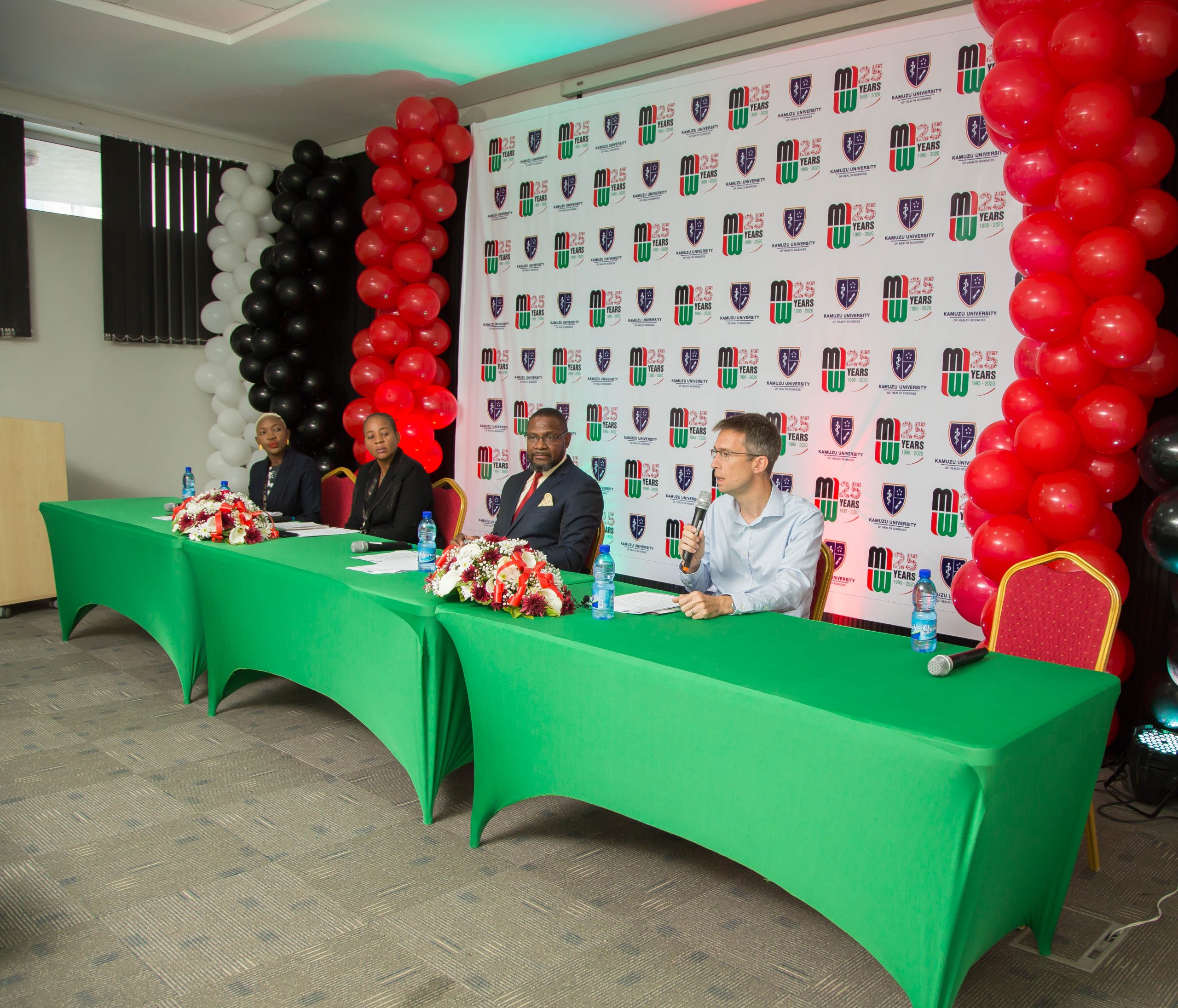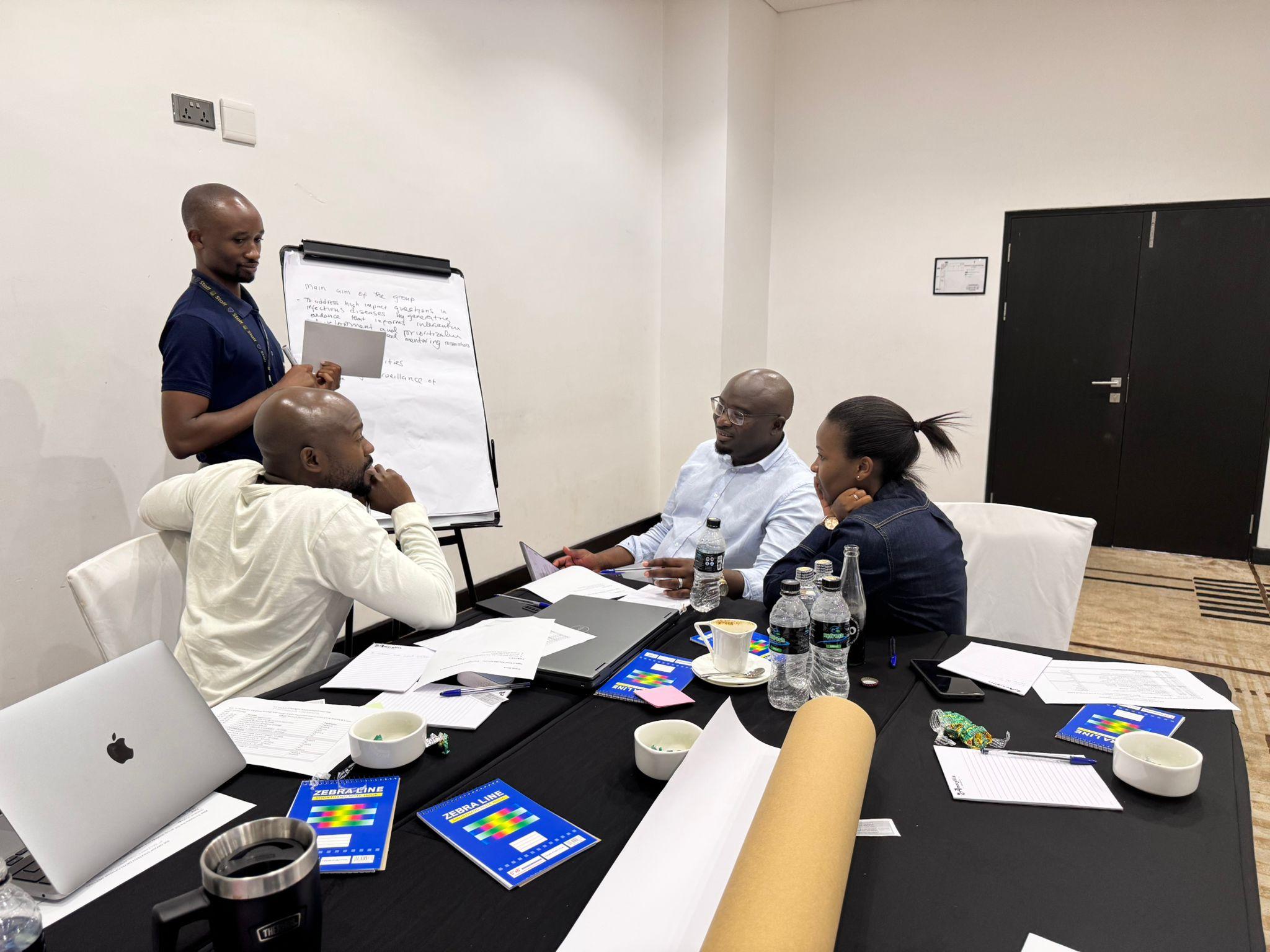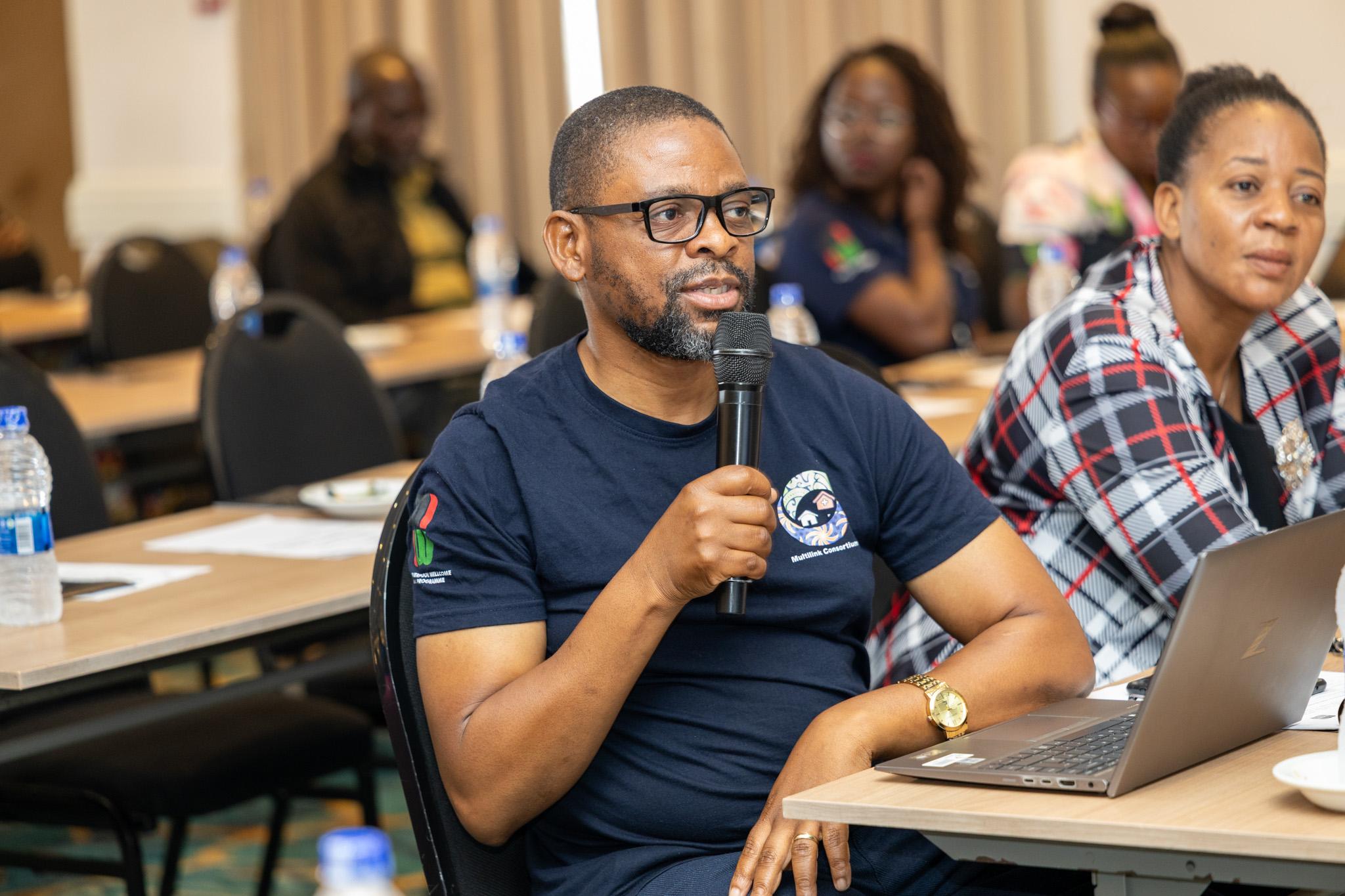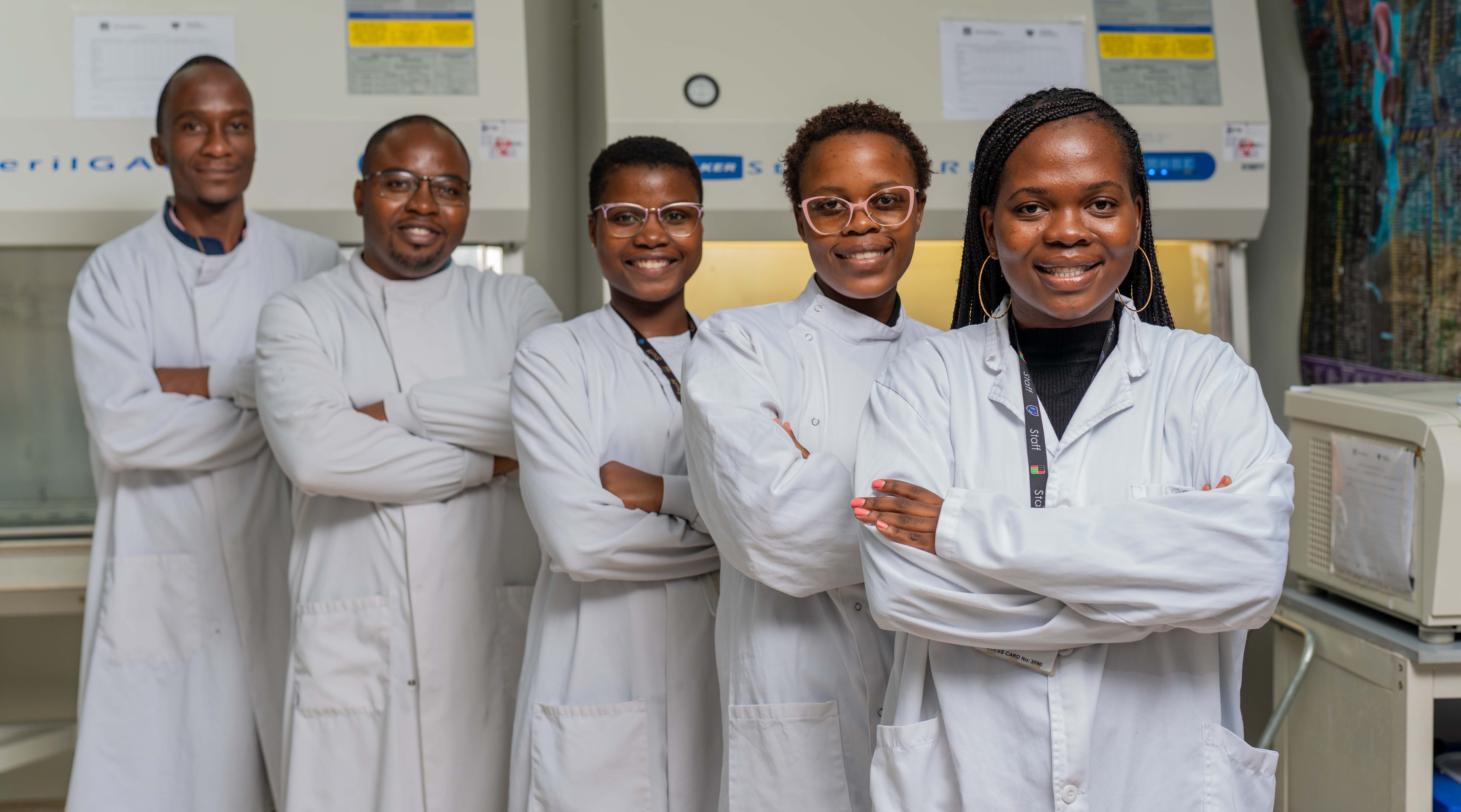PRESS RELEASE
5th September, 22.
The Malawi Liverpool Wellcome Research Programme conducts excellent research that benefits health and trains the next generation of researchers and leaders. In September 2022, MLW celebrates its silver jubilee under the theme ‘Research Driving Health’. The events will be conducted from 5th to 17 .September 2022. MLW will focus it’s celebration on its achievements in the 25 years, reflecting on its past, thanking all its partners, collaborators and the general community for giving the opportunity to MLW to serve Malawians and to share its plans for the future.
MLW is located within Queen Elizabeth Central Hospital premises in Blantyre and has a main field office in Chikwawa. Additionally, MLW has a Policy Unit in Lilongwe, and collaborations and other studies across all of Malawi.
Celebrating 25 Years of Excellence – Our Impact in health research
MLW has had exceptional successes in high impact translational research, addressing Malawi and global health priorities, and influencing Malaria, Tuberculosis, HIV, Pneumonia, Maternal and Child Health and Diarrhoea diagnosis, treatment, and vaccine policy.
Notably, with funding from Wellcome, in 2012 up to 2014, MLW researchers led the first large scale evaluation of HIV self-testing in the world, providing evidence that uptake of HIV self-testing was high and increased the demand for treatment of HIV.
A recent and very significant contribution that MLW has made has been the testing of the Typhoid conjugate vaccine (TCV) for the first time on the African continent. The results from the typhoid vaccine trial in Malawi demonstrated a vaccine efficacy of 81- 84% after 18-24 months. This trial has showed that the TCV works to prevent typhoid fever in African children. It also showed that the vaccine is highly immunogenic in all the age groups, and that it has an excellent safety profile. With these results, MLW and the Ministry of Health successfully lobbied the Global Alliance for Vaccines and Immunizations GAVI to fund the national introduction of TCV from 2022 as part of the routine vaccination schedule.
Another recent success has been a trial entitled ‘AMBIsome Therapy Induction OptimisatioN’-AMBITION cm, MLW and research partners found that a single, high-dose of liposomal amphotericin B was as good treatment (simpler and cost effective) for cryptococcal meningitis (CM) in comparison to Amphotericin-B. The trial results have changed treatment guidelines of cryptococcal meningitis in Malawi.
Beyond science, MLW believes in being a responsive and responsible organisation that works with government to tackle a wide range of critical health challenges. In 2020, MLW partnered with the government to provide COVID-19 diagnostics and in-country sequencing capacity, personal protective equipment for health care workers and commissioned an oxygen plant for treatment of COVID-19 patients and patients with other respiratory conditions at Queen Elizabeth Central Hospital, supported by Extraordinary Provision grants from Wellcome.
We celebrate training the next generation of scientists and strive to inspire more trainees
MLW/KUHeS have a mission of training the next generation of researchers and leaders. We support development of candidates at five academic levels: pre-Masters, Masters, pre-PhD, PhD and Post-doctoral levels. In the last 9 years, we have trained 467 candidates as follows:
- 120 pre-Masters level,
- 58 Masters level,
- 60 pre-PhD level,
- 165 PhD level, and
- 64 Post-doctoral level
Currently, we have 162 active trainees in our training programme, of which 58% are female, 83% are Malawian and 77% are at the postgraduate level. We celebrate the success of our training programme, especially the promotion of women in science and development of internationally-competitive Malawian scientists.
We celebrate the strong partnerships that we have with our stakeholders and communities
Since its establishment in 1995, MLW has cordially worked in the communities across Malawi, achieving strong relationships and mutual understanding that have led to integration. MLW is grateful for the support over the years and remains indebted to the kindness of stakeholders and the people of Malawi.
We celebrate our staff who make the research and training possible
We have 826 members of staff that work in different capacities to make MLW achieve excellent research and train the next generation of researchers and leaders. The hard work, selflessness, and creativity that our staff provide is to be celebrated.
We celebrate continued growth in research and training through infrastructure development
We look forward to a continued future of excellence in research and training. In 2020, we began construction of the Clinical Research Excellence and Training Open Resource (CREATOR) Building at the Queen Elizabeth Central Hospital. The CREATOR Building will further expand our research and training by providing learning and working space for students and staff in MLW, its partners and collaborators. We have also constructed the MLW Chikwawa Building which will provide data management equipment, office space for members of the Chikwawa District Hospital Team and MLW staff.
Background
The Malawi Liverpool Wellcome Programme (MLW) conducts excellent research and trains the next generation of health researchers and leaders. The Programme was established in 1995 and it is a partnership between the Kamuzu University of Health Sciences (formerly The College of Medicine), the University of Liverpool and the Liverpool School of Tropical Medicine. MLW has core funding support by Wellcome, a global charitable foundation based in the United Kingdom. Since 1995, MLW has contributed to the improvement of health systems by translating its research into policy and practice in Malawi and beyond. MLW began its research with a single focus on Cerebral Malaria but over time its research portfolio has grown and extends to other health challenges such as HIV, Tuberculosis, Pneumonia, Maternal and Child Health and Diarrheal diseases.
For more information about MLW and the 25th anniversary please contact:
Lindiwe Bandazi Mafuleka (lmafuleka@mlw.mw)
Pauline Hellen Mlogeni (pmlogeni@mlw.mw)
Ends.



